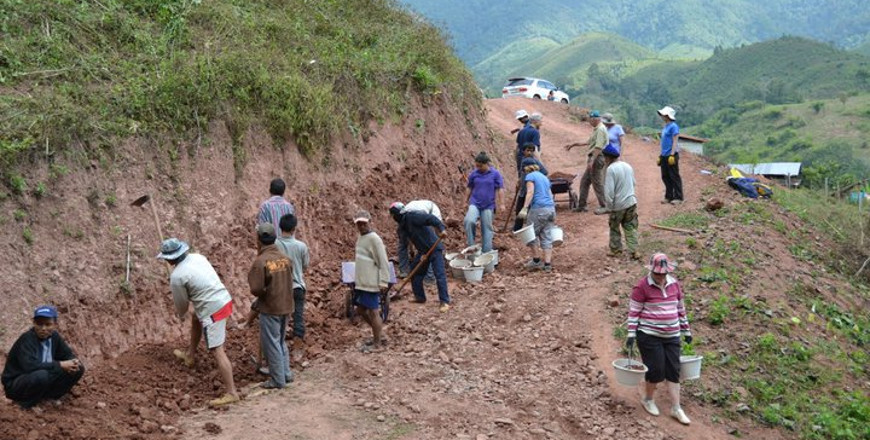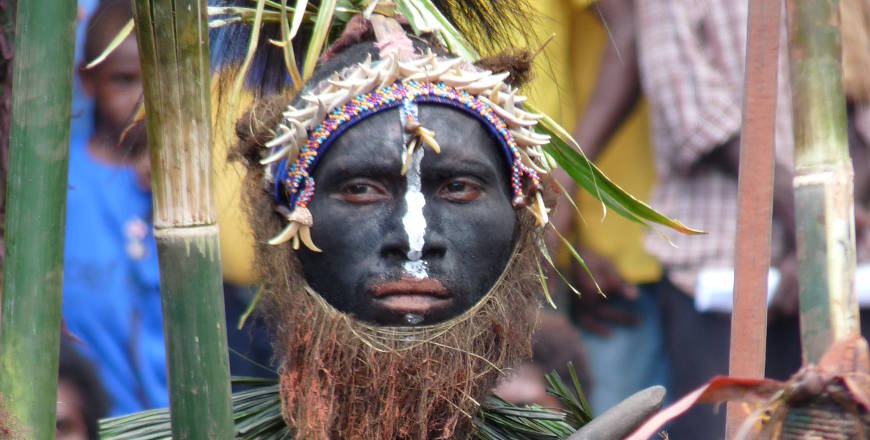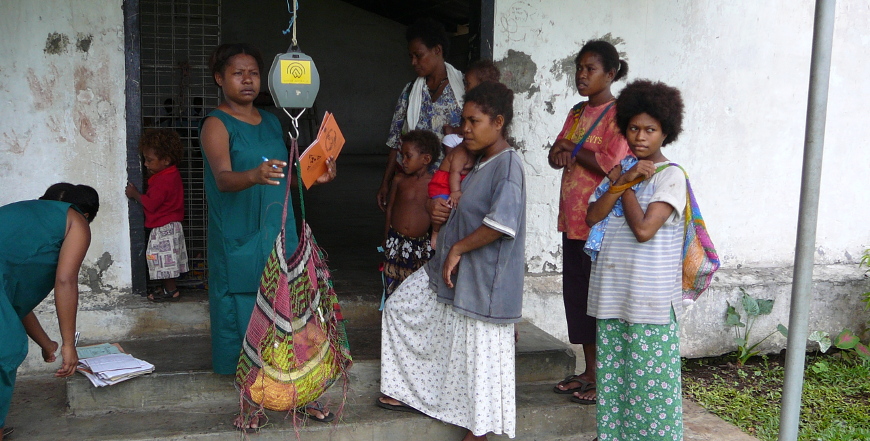The Road Ahead
‘You are confronted with poverty, family displacement, hardship. Families living in this area are just trying to survive.
‘But they are happy and always smiling. They would give you the shirt off their back’, explains Simon King.
Simon recently returned home to Australia after evaluating progress in Baan Den since the two-week mission trip in January. Baan Den is the largest village in a group of six in Nan Province, northern Thailand.
‘There are about 50 or 60 family groups, a couple hundred people, but you won’t find it on any map’, says Simon.
Simon’s passion for mission centres around family. ‘My mother’s family is from Latvia. My grandparents escaped from Latvia through Germany in World War II so they could come to Australia. I feel so strongly for the Lua people of Thailand because our families have been through similar things.
‘They are still in a very precarious position. They live from day to day and season to season. On the flip side, they have a newfound faith in Jesus. It’s amazing to see them hold onto this faith’.
Faith before fear
Despite serious opposition they still practise Christianity. A few years ago they were in the middle of a Christmas service in the village of Hoey Mii when a shot was fired. But they just kept going.
‘It’s incredible the way that the Spirit is working among them’, says Simon.
The people of this area are displaced persons, mostly from the Lua mountain tribes. Ethnically they are quite different from the Thai.
Simon spent some time with one of the original missionaries in the area, David Filbeck, who has been in the region since the 1960s. At that time the area was part of the opium-growing ‘Golden Triangle’ and communist guerrillas were everywhere.
‘In this valley communism has had a huge impact on the culture’, explains Simon. ‘The communists used to come and say to the villagers, “You will do this”. If they said no, the communists shot them. They have had a lot of their culture destroyed. It wasn’t until the late 70s and early 80s that the area was secured by the Thai military.
‘But we still don’t walk towards the Laotian border (about five kilometres away), as landmines are everywhere.’
Thai Lutheran pastor Ajan Amnuay is working to help the people build up their culture again. This is a difficult process, though, as they don’t have a written language. They rely on oral history, which is fragmented, as there were so many untimely deaths.
LCA pastor Simon Mackenzie works with Ajan Amnuay and three full-time and two part-time evangelists, who are financially supported by the LCA.
Simon King continues, ‘The first year we went over with a group from St. Marks, at Baan Den everyone had locked themselves in their houses. They were looking at us from behind the shutters. The next year we got a big welcome – flower wreaths, dances and a huge meal. Two girls had T-shirts on that said, “Do you remember me?”
‘In the three years we have been going there you can feel their self-confidence and faith growing each year.
Clearing and Planting
‘This year our team helped out with land clearing, using little machetes. The training and safety was just: make sure you wear a long shirt’, he laughs. ‘We were clearing the land so that some teak and citrus trees could be planted. Vitamin C deficiency is an ongoing problem with the Lua.
‘On my most recent trip we bought 1000 teak trees. One of the proposed development projects is sustainable farming or forestry. It’s a long-term project. The trees won’t produce for 25 years, but it’s far more sustainable than farming mountain rice, and it will keep the families together while they work.’
The villagers currently grow mountain rice, a ‘waterless’ variety, but bugs and diseases regularly destroy the crops. This adds to displacement and dislocation. If crops fail, parents have to travel to find work, leaving their young children with extended family groups. A lot of parents work on pig farms outside Bangkok.
‘There are very few options for employment in the area’, says Simon. ‘That was one of the hard things for us on the first trip. At practically every house, we went in to pray for the family because the parents were leaving, sometimes even the next morning. It looks like there may be a poor harvest this year as well.
‘We also secured flat land near the village of Baan Den to try to grow rubber. Thailand is one of the biggest rubber producers in the world. Hopefully, this project will generate a yearly income and help families to stay together’.
Funding for some of the projects is built into the cost of the mission trip. The team normally has around $3500 (about 100,000 baht) to spend on projects. Roughly 25,000 baht buys building materials for one sala (an open pavilion). In addition, Simon and the St Marks team are hoping to raise money for a combination welder/generator, costing around $4000 to $5000.
Short walks
‘On the second trip we went on a “short” walk one day to get wood for a sala’, Simon recalls. ‘It took six hours! We crossed bridges that kept getting worse and worse. The final crossing was two rotten bits of wood. We got to our guide’s summer growing ground. He led us over another ridge and along a track that finally disappeared into a banana grove. Lost in the Thai jungle…great!
‘Then we heard the sound of a machete cutting down a banana tree. We worked our way towards the sound, down the valley, holding onto banana trees to stop ourselves slipping, and along the creek in the valley. Then suddenly we saw a rough sawmill built into the jungle. Here we picked up what we needed. Then we had to walk back.’
‘This year we also put some concrete on the road up to the church at Baan Den. During the wet season the road gets very slippery. You are lucky if you are able to get a four-wheel-drive up to the church.’
The two-week trips to Thailand take place each year in January, the dry season, although it is possible that two or three trips each year might be run in future. Also being investigated are trip to Bangkok, which would suit people who want to contribute to and experience mission work firsthand but cannot cope with the hardships of village life.
Simon King’s Army Reserve training has prepared him well for the logistics of these trips. ‘I always make sure we have the best possible support mechanisms, the right equipment and supplies in case the worst scenario happens.’
The team takes a full military medical kit every time they travel. If someone gets hurt, Simon can stabilise him or her until they can get to a hospital or a helicopter. ‘Every year that we have gone to Thailand, either just before or after, there’s been some major political upheaval’, says Simon. ‘Last year there were the Red Shirt protests, which were a concern during our planning.
‘I tell people who want to come along that there is no age limit. If you are fit and your spirit is willing, contact me and come along. Jesus never said, “You can’t come to me”.
‘But you can tell when a team has been in Thailand long enough’, laughs Simon. ‘At the Chiang Rai night markets they serve deep-fried bugs. When team members start comparing the taste values of the various bugs, it’s time to go home!’
If you, your school or your congregation, would like to know how you can connect to the mission of God through a LCA International Mission partnership, you are invited to phone Erin on (08) 8267 7300 or email erin.kerber@lca.org.au. For more information, go to www.lcamission.org.au/join-gods-mission/start-a-partnership/
Read more stories about congregational partnerships at www.lcamission.org.au/category/stories/local-partners/congregations/




